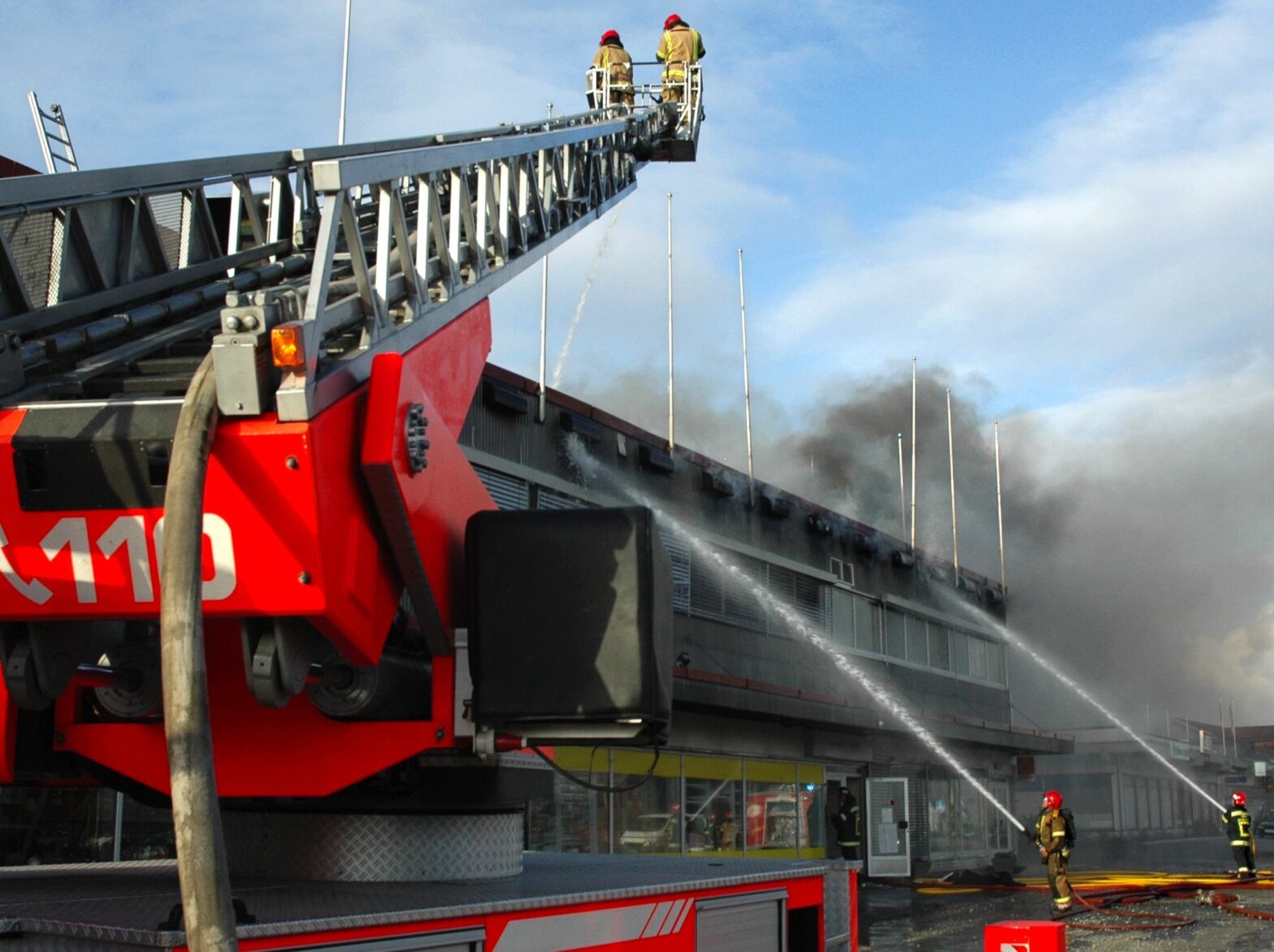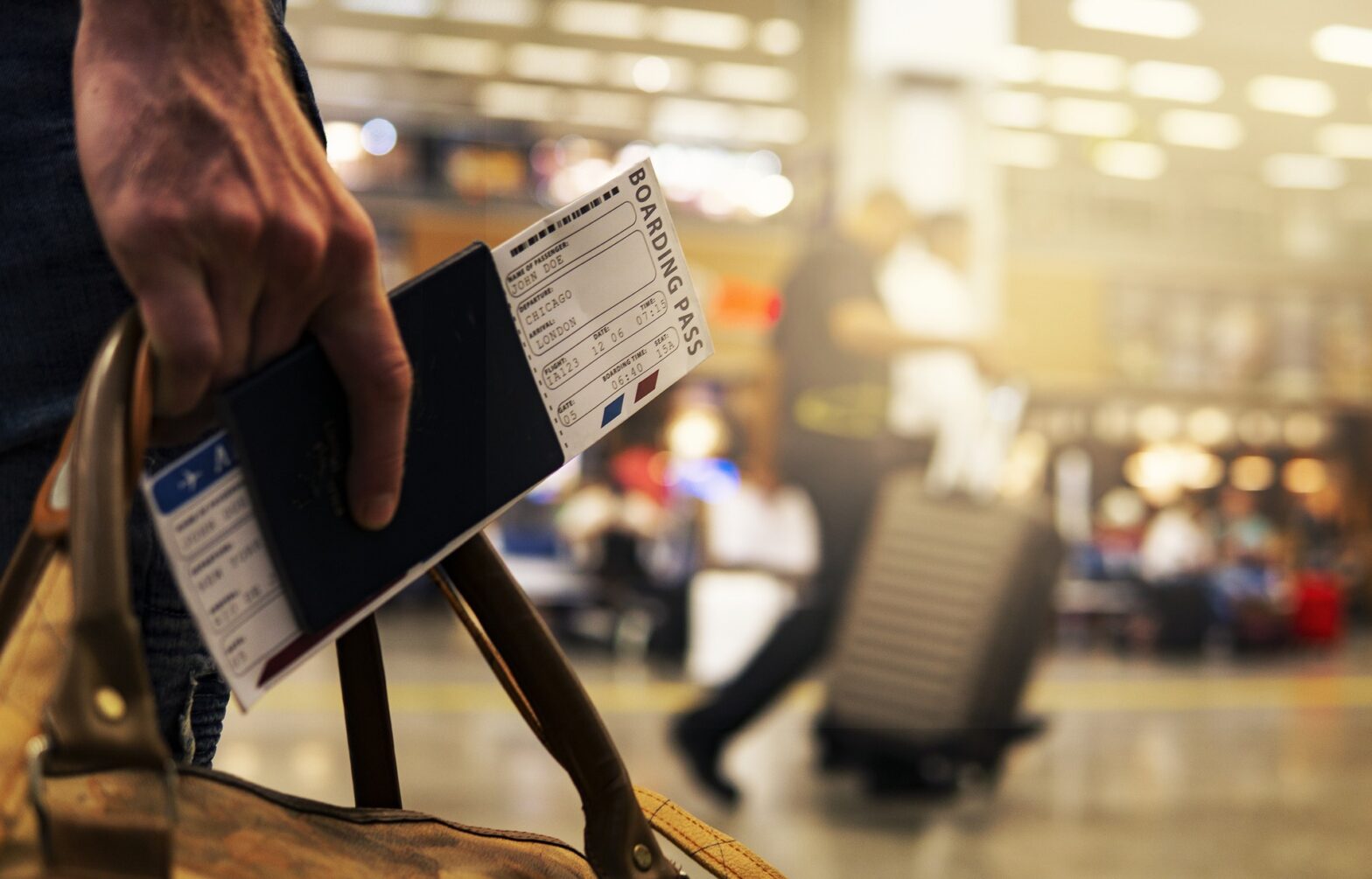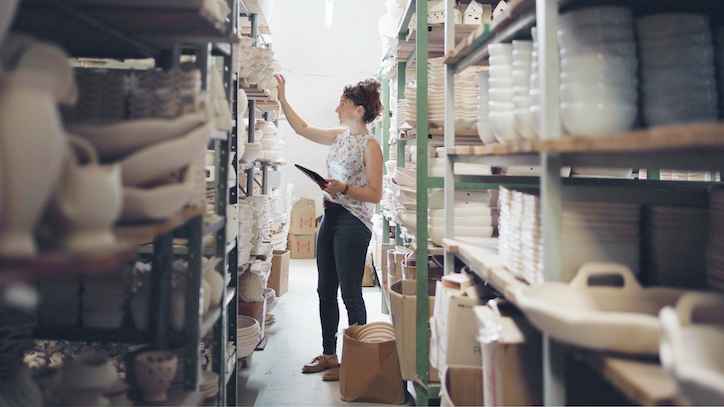There are two different categories of business insurance: insurance you must have by law and insurance you could consider to cover risks and disasters.
Insurance you must have by law
1. Employer’s liability
You must have insurance to pay out for your legal liability if one of your employees is injured or ill as a result of working for you and you have been negligent. The amount of cover (the amount of money the insurance company will pay out if you claim) is generally unlimited but must be at least £5 million. The law also requires you to exhibit a certificate of employer’s liability insurance at each place of work.
Premiums for employer’s liability insurance have soared in the past few years. There is anecdotal evidence that some employers, no longer able to afford cover, are making do without it. Don’t be tempted to follow this course. It is illegal to carry on a business in which you employ people if you do not have this cover, and you could be personally financially ruined if an employee has an accident at work and claims against you.
You do not need employer’s liability insurance if you are not a limited company and the only people you employ are close family members (your spouse, civil partner, children, parents, grandparents, brothers or sisters). Since 28 February 2005, you no longer need this insurance if you operate as a limited company, you own at least 50 per cent of the shares and you are the only employee.
2. Motor Insurance
You must insure your liability to others, known as third party liability, which occurs because of a car crash or other motor vehicle accident. This includes death or injury to anybody (but not your employees while working, as they are covered by employer’s liability insurance, see previous page) and damage to third party property including other vehicles.
A further addition to third party cover that could be worth your while is fire and theft cover. Finally, if you want to get cover for accidental damage to you vehicles, regardless of who is to blame for the accident, you want a comprehensive insurance policy.
If you have a car or other vehicle for your own private and social use, and you want to use if for your business, you should tell your insurance company. You may need to pay an extra sum to get it covered for your business.
Be clear about what the car is going to be used for when you fill in what is known as the proposal form (the form you fill in to apply for the insurance). You will probably have to pay extra money if the car is used for some purposes, such as by the sales rep. Failure to tell the insurance company may mean that it will not pay out if you make a claim.
3. Insurance needed by contracts
Check all the contracts you have (for example, under a lease or hire purchase agreement) to see what insurance you are committed to get.
4. Engineering equipment
By law, certain equipment, such as pressure vessels and lifting tackle, has to be inspected and passed as safe at regular intervals. You can combine the maintenance with an insurance policy to cover you against the risk of explosion, accidental damage and breakdown.
Other insurance you should consider
1. Insurance against fire and other perils
This covers destruction or damage to your buildings and contents through fire. You can also be covered for other risks, such as lightning, explosion, aircraft, storm, flood, riot and malicious damage. Standard business property insurance normally specifically excludes loss or damage caused by terrorism, but you can buy back this cover for an extra premium. If you work from your own home, you will still need to get your own insurance policy and there are some special schemes available – consult an insurance broker.
Worth getting? Yes.
2. Insurance for loss of profits
This covers you if your business is disrupted by fire, flood or some other insured peril. It can pay out money to pay your employees, maintain your profits and pay for the extra cost of your fill-in working premises. These ‘business interruption’ policies normally only cover incidents where the interruption stems from damage to your business premises. However, you can separately buy ‘contingent business interruption’ insurance to provide cover where the disruption to your business is from some other cause, such as an epidemic, transport disaster or a strike to your suppliers or customers. (You cannot buy cover against a strike by your own workers.)
Worth getting? Depends on your business.: In most cases, yes to standard business interruption insurance; but if your business is small with few employees, and you could easily find somewhere to work, for example, your home, you may not consider it necessary. Note that using your home could cause problems with insurance, so check with your insurance company. Rather than insure for full loss of profits, you could consider insuring for the cost of finding somewhere else to carry on working. In the case of contingent business insurance: probably not worth getting unless your business is particularly vulnerable. You might consider other ways to manage risks, for example diversifying your supply chain or customer base to lessen the impact of third-party strike action.
3. Insurance against theft
This covers you for loss or damage to the contents of your premises. Theft for insurance means that someone has forced an entry to or exit from your workplace, so if you want to be covered against theft by your employees or visitors, you’ll have to pay extra and get fidelity insurance.
Worth getting? Yes.
4. Loss of money
Cash and near-cash, such as cheques and stamps, can be insured against theft from your premises or from the homes of directors or employees of your company or in transit.
Worth getting? Yes, if your takings are in cash. Otherwise, no.
5. Goods in transit
This insurance covers loss of or damage to your goods in your own vehicles, or other means of delivery, such as post or road haulier.
Worth getting? Probably, unless you don’t sell in this way.
6. Trade credit insurance
This protects you against your customers failing to pay. You probably will not be able to get this insurance until you have been in business for some time.
Worth getting? Probably not, if you deal mainly in cash or payment on delivery. For selling on credit, by the time you can get this insurance, you will be able to work out for yourself how likely a problem bad debts will be. It is probably better to operate good credit control or use a factoring service. However, if you have only one large or a couple of big customers, you should have credit insurance.
7. Public liability and product liability
This will cover your liability to visitors and members of the public if your business causes injury or illness to them or damages their property. Product liability insurance covers you for these risks, which occur as a result of the goods you are producing, selling or repairing up to a limit each year.
You need to make sure that the amount of cover is high enough. Damages in the courts have been as high as £1 million. You may need cover for more than this, especially if you do business in the USA.
Worth getting? Yes. With product liability, you may not need it if your products are very unlikely to cause damage or if yours is a service business.
8. Professional indemnity
If you are the type of business where the end-product is expert advice, this insurance can cover you against claims from your clients for damage caused by your negligence or misconduct.
Worth getting? Yes. These sorts of claim are on the increase.
9. Legal expenses
This insurance would enable you to pay for legal assistance if you are involved in a contractual or employment dispute, plus some other legal procedures.
Worth getting? Probably not. Most legal disputes are generally in the employment field. It would be far better to concentrate on getting well organised in this area to cut the risk of being taken to a tribunal and charged with unfair dismissal or breach of contract, for example.
10. Keyperson insurance
If your business is heavily dependent on one or a few people for its future success, you can get keyperson life insurance, for example for a sum of £250,000 to be paid to your business in the event of one of those people dying or being ill for a considerable period. To get cover, you must be able to prove the person’s death would cost your firm money.
Worth getting? Yes.
11. Other insurance
There are some other types of insurance that you should consider, depending on your business. These include:
- glass breakage, which is important for shops.
- cover for frozen food.
- computers and computer records.
- fidelity insurance, which covers you against fraud or dishonesty by your employees.
- business machines and equipment.
- Agricultural and fish-farming operations.
- Directors’ and officers’ liability.





